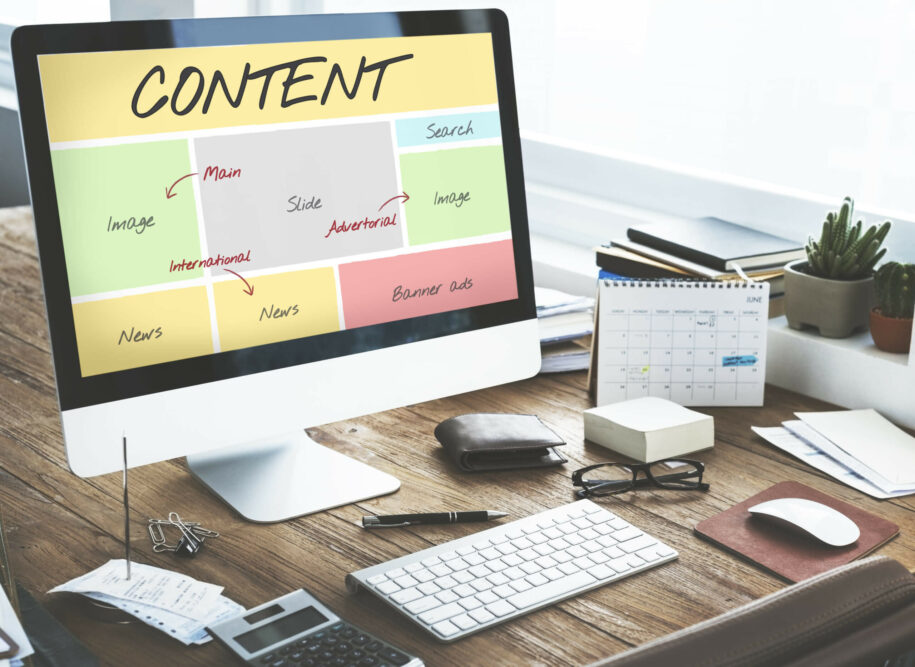Today’s potential customers are only a quick Google search away from finding more information about any service they’re interested in. Having a well-designed website puts your business a step ahead by making a good first impression – in comparison, not having a website at all can appear unprofessional or illegitimate. Your business’s website should be functional and aesthetically pleasing as well as informative and representative of your business’s values and product.
There’s so many types of websites, how do you know which one is best for your business? Which elements will help convince potential clients to commit to your service? Read on to learn about the various types of business websites.
Business Website
A business website is a website that represents one specific business. It has recognizable branding and colours that are generally associated with the business, and should provide information and points of contact to potential customers. Different businesses will benefit from different structures, so there are several types of websites that fall under the business website umbrella.
Service Website
The goal of a service website is to have as many website visitors as possible sign up for the business’s services. Each page of the website provides a Call to Action for potential customers to sign up for or purchase services. These websites will often provide in-depth information about the services available. Website visitors can be further convinced by specific examples of past work or customer reviews and testimonies. Service websites are best suited for businesses that sell intangible and adaptable services that are different for each customer. Your IT Project Manager is an example of a service website.
Ecommerce Website
An ecommerce website is an online storefront for selling multiple products, offering options for website visitors to add items to their shopping cart and purchase them directly from the website. These websites can sell a large variety of items and, as a result, often focus more on functionality than design – it should still be attractive, but it is far more important to have a good user experience. An ecommerce website can benefit from features like sorting or filtering options for product pages and customer reviews on individual products. Potential customers can be wary of buying tangible items online without seeing them first, so it is important to provide as much information and photos as possible.
Brochure Website
A brochure website acts as an online interactive business card. These websites have a few well-designed and attractive pages with basic information about the brand and its services. The star feature of a brochure website is contact information for the business, or an on-page form for website visitors to start conversations with a business representative and possibly become a customer. Brochure websites are best suited for established businesses that will not rely on the website as the primary source of new customers. If you are confident that you will continue to find customers through other sources, a brochure website will act as a point of contact and give your business a professional online presence.
Personal Website
Personal websites provide a place for online self-expression, most commonly in the form of blogs. On the surface, this might not seem like a business website – but blog posts can be excellent advertising for other services or products. In fact, including a blog or other frequently updated material on any other business website can help increase traffic and draw in new customers. This blog post is an example of how a blog post can be an asset to a service website – providing regularly posted articles about information relating to a business’s services improves the business’s online visibility and increases traffic from search engines.

